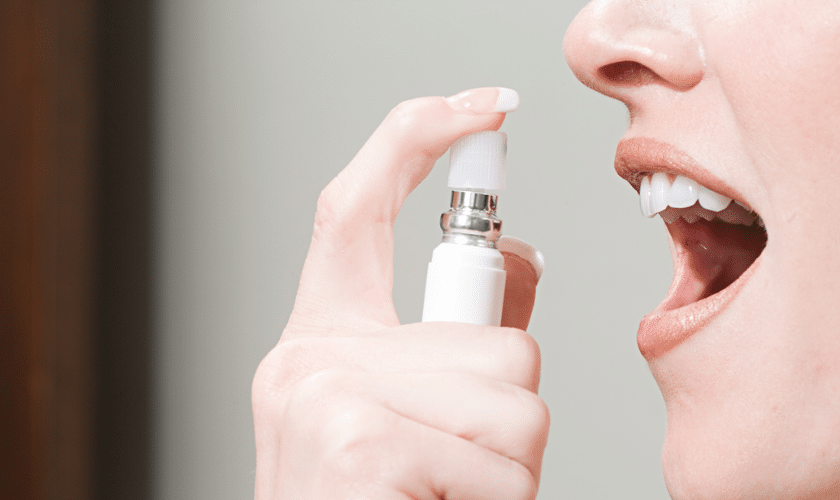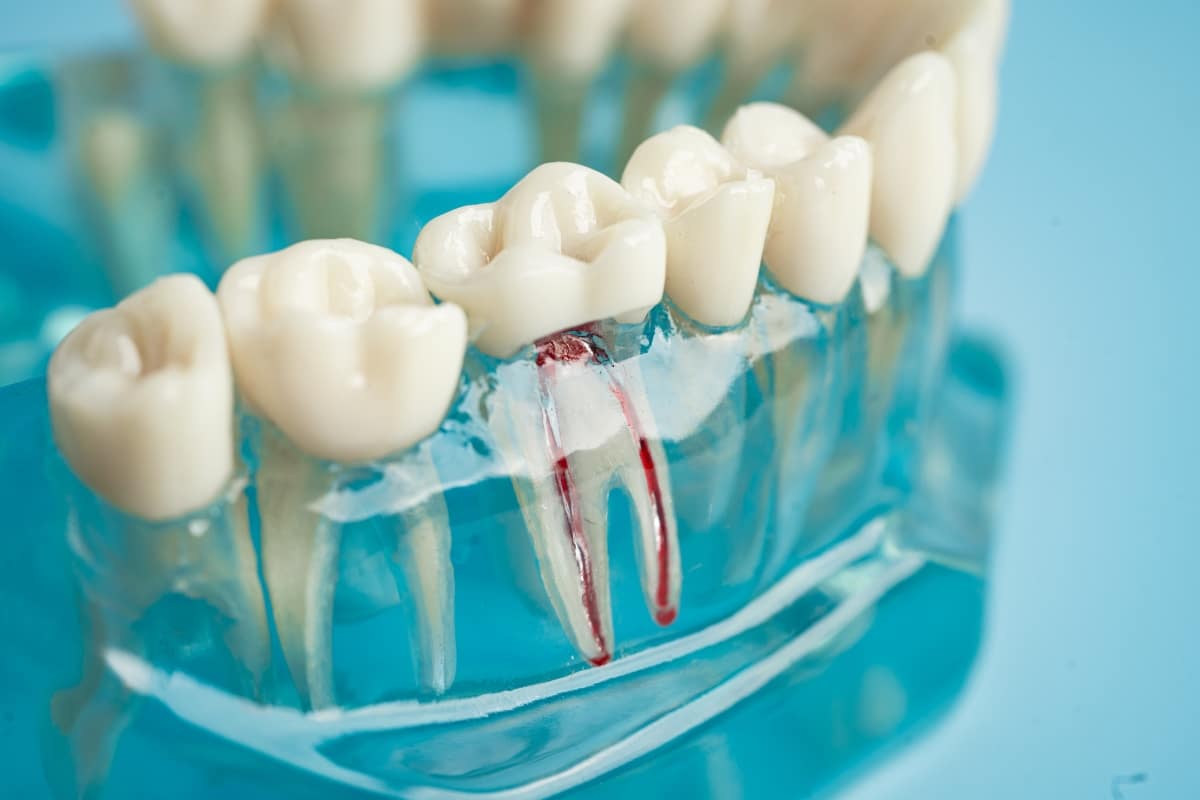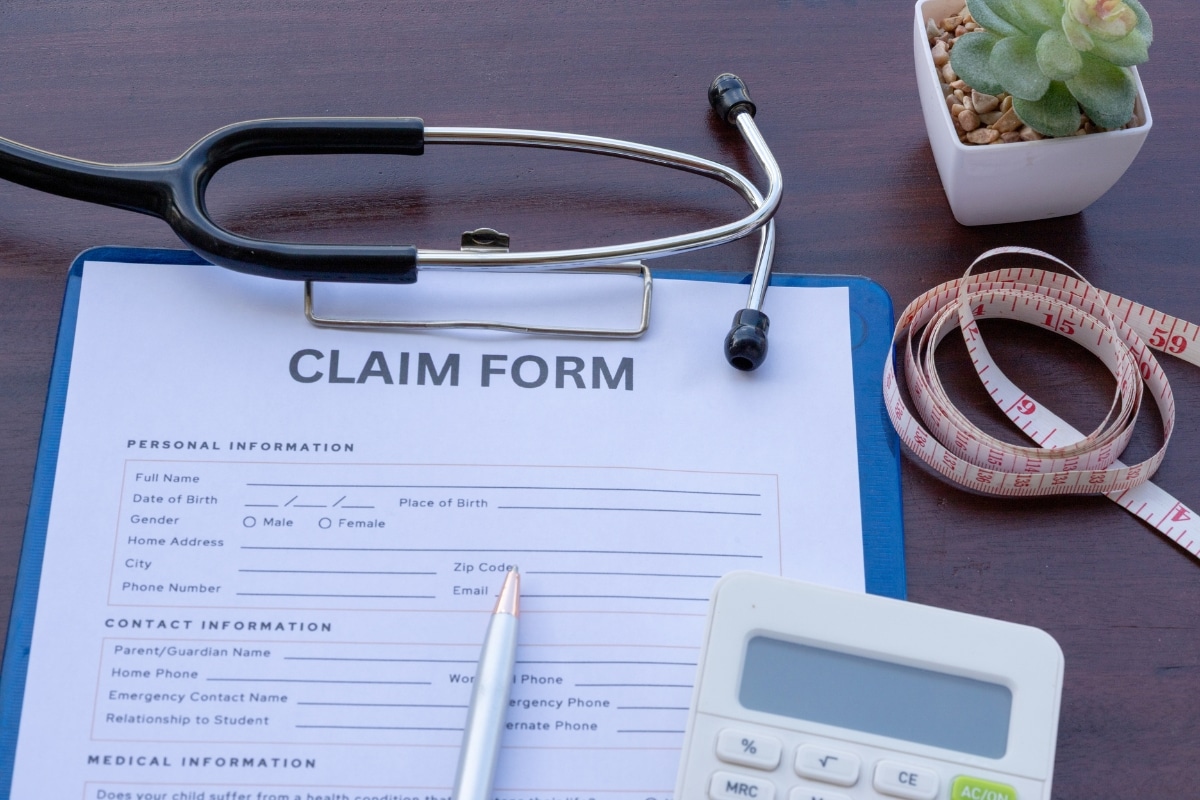Same-day treatments are available.
Are Mouth Fresheners Good For Oral Health

We’ve all been there. That important meeting creeps up after lunch, or a first date looms, and suddenly fresh breath becomes our top priority. Mouth fresheners, in their many forms – mints, sprays, strips – offer a quick and convenient solution to banish bad breath. But do they improve our oral health?
The answer, like most things in life, is a nuanced “it depends.” Mouth fresheners can be a handy tool, but they shouldn’t replace a consistent oral hygiene routine. Let’s delve deeper into the world of fresh breath and explore how mouth fresheners can fit into your overall oral health strategy.
Exploring Oral Health: Addressing the Source of Bad Breath
Bad breath, also known as halitosis, can be embarrassing and socially limiting. But before we explore solutions, understanding the causes is key. Here are some common culprits behind bad breath:
- Food Particles: Food debris trapped between teeth or on the tongue can decompose, releasing unpleasant odors.
- Poor Oral Hygiene: Brushing twice daily and flossing once a day removes food particles and plaque buildup, which can contribute to bad breath.
- Dry Mouth: Saliva plays a vital role in washing away food particles and bacteria in the mouth. Bad breath can result from dry mouth brought on by drugs, dehydration, or specific medical disorders.
- Medical Conditions: Underlying health issues like sinus infections, acid reflux, or diabetes can sometimes manifest as bad breath.
How Mouth Fresheners Work: A Masking Maneuver
Mouth fresheners primarily work by masking bad breath with a pleasant scent. They often contain ingredients like:
- Menthol or Peppermint: These cooling agents provide a refreshing sensation and temporarily mask bad odors.
- Alcohol: Some mouthwashes contain alcohol, which can kill bacteria that contribute to bad breath. However, excessive use of alcohol-based mouthwash can dry out the mouth, potentially worsening bad breath in the long run.
- Flavors: Artificial or natural flavors like spearmint, cinnamon, or fruit extracts provide a pleasant taste and further mask unpleasant odors.
Important to Note: While mouth fresheners address the symptom (bad breath), they don’t tackle the underlying cause. If you experience persistent bad breath, it’s crucial to consult a dentist to identify and address the root of the problem.
The Good, the Bad, and the Breath Freshening: Weighing the Pros and Cons of Mouth Fresheners
The Good:
- Convenience: Mouth fresheners are portable and readily available, offering a quick fix for bad breath on the go.
- Confidence Boost: Fresh breath can boost confidence in social interactions.
- Temporary Relief: Mouth fresheners can provide temporary relief from bad breath caused by food or beverages.
The Bad:
- Masking, Not Treating: Mouth fresheners don’t address the underlying cause of bad breath.
- Sugar Content: Some mints and candies contain high amounts of sugar, which can contribute to tooth decay if used excessively.
- Alcohol-Induced Dryness: Alcohol-based mouthwashes can dry out the mouth, potentially worsening bad breath over time.
Making Mouth Fresheners Work for You: A Guide to Smart Usage
- Focus on Oral Hygiene: Brushing twice daily, flossing once a day, and using a tongue scraper are the cornerstones of good oral hygiene and can significantly reduce bad breath.
- Choose Sugar-Free Options: Opt for sugar-free mints, gum, or sprays to avoid promoting tooth decay.
- Limit Alcohol-Based Mouthwashes: Use alcohol-based mouthwashes sparingly and consult a dentist if you experience persistent dry mouth.
- Address Underlying Issues: If you experience chronic bad breath, schedule a consultation with a dentist to rule out any underlying medical conditions.
Fresh Breath Beyond the Fix: Natural Alternatives for Long-Term Oral Health
In addition to good oral hygiene, incorporating these natural practices can promote fresh breath:
- Hydration is Key: Drinking plenty of water throughout the day helps keep your mouth moist and flushes away bacteria.
- Dietary Choices: Limit strong-smelling foods like onions and garlic, which can contribute to bad breath.
- Fresh Fruits and Vegetables: Fruits and vegetables with high water content, like apples and celery, can stimulate saliva production and freshen breath.
- Spices for Freshness: Spices like parsley, fennel, and cloves can help freshen breath after a meal.
Mouth Fresheners – A Handy Tool, Not a Replacement
Mouth fresheners can be a convenient tool for a quick breath refresh. However, they shouldn’t replace a consistent oral hygiene routine. By prioritizing brushing, flossing, and addressing the underlying causes of bad breath, you can achieve long-lasting fresh breath and optimal oral health.
Consulting a Dentist: Your Partner in Fresh Breath and Overall Oral Health
Keeping your teeth clean and healthy requires routine dental exams and cleanings. During your appointment, a dentist can:
- Identify the Cause of Bad Breath: A dentist can diagnose the underlying cause of your bad breath and recommend appropriate treatment.
- Provide Professional Cleaning: Professional cleanings remove plaque and tartar buildup, which can contribute to bad breath.
- Offer Personalized Advice: A dentist can tailor oral hygiene recommendations to your specific needs and concerns.
Looking for a dentist who prioritizes patient comfort and comprehensive oral care? Consider scheduling an appointment with a Cypress dentist. They offer a welcoming environment and a team dedicated to helping you achieve and maintain a healthy smile.
Fresh Breath FAQs: Addressing Common ConcernsHere are some frequently asked questions about mouth fresheners and bad breath:
- What are some sugar-free alternatives to mints and candies? Gum without sugar and xylitol is a fantastic substitute. Xylitol is a natural sweetener that can inhibit the growth of bacteria that contribute to bad breath.
- How often can I safely use mouth fresheners? There’s no one-size-fits-all answer. However, moderation is key. Limit sugary options and avoid using alcohol-based mouthwashes excessively.
- What if I have dentures or braces? If you wear dentures or braces, you may be more prone to bad breath. Talk to your dentist about proper cleaning techniques and mouth fresheners that are safe for your specific needs.
By following these tips and prioritizing good oral hygiene habits, you can achieve fresh breath with confidence and maintain a healthy smile for life. Remember, a dentist is your partner in achieving optimal oral health. Don’t hesitate to schedule regular checkups and cleanings, and address any concerns you may have about bad breath.

7 Foods and Drinks to Avoid After Professional Teeth Whitening in Cypress

What to Expect After a Root Canal Treatment in Cypress



